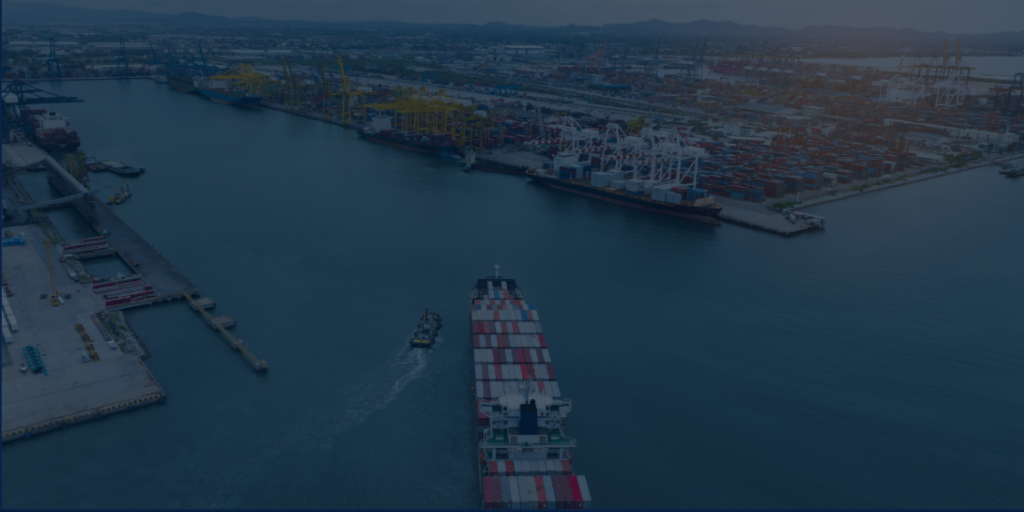What Carrier Quotes Get Wrong and How to Fix Cost Surprises
Carrier quotes are intended to provide an accurate estimate of shipping costs, but in day-to-day operations they often miss the mark. These...

The way companies manage transportation is undergoing its biggest transformation in decades. The next generation of transportation management isn’t about automation; it’s about intelligence. Artificial intelligence is now reshaping how freight is planned, priced, and delivered, turning every shipment decision into a data-driven advantage.
An AI TMS (Artificial Intelligence Transportation Management System) uses machine learning and predictive algorithms to continuously optimize how freight moves through your supply chain. Rather than reacting to data after a shipment is complete, it anticipates problems, prevents costly errors, and recommends smarter actions in real time.
The logistics environment has become more unpredictable than ever. Freight rates fluctuate, accessorials often go unnoticed, and customers demand constant visibility. Legacy systems relying on static rules and manual input can’t keep up with that level of complexity.
An AI TMS learns from every shipment, adapts to changing conditions, and delivers predictive, intelligent recommendations. Whether optimizing carrier selection, catching missed accessorials, or consolidating loads more efficiently, the system ensures that every decision is grounded in data, not guesswork.
A true AI TMS goes beyond automation by learning, predicting, and optimizing continuously. Here are the core capabilities a modern AI-powered TMS should deliver:
AI can identify issues such as facility limitations, limited-access locations, or unusual routes and recommend appropriate charges or handling instructions at the quoting stage. This prevents re-bills and unnecessary cost absorption.
When shipments enter an issue state, such as missed cutoffs or tracking gaps, an AI TMS can automatically detect the problem, contact the carrier, and initiate resolution steps before customer service gets involved.
AI can handle repetitive administrative processes like claims filing and invoice auditing, improving accuracy and freeing teams to focus on strategic logistics management.
By analyzing delivery requirements, carrier constraints, and cost factors, AI can find consolidation opportunities that humans often overlook. This reduces total freight spend, minimizes empty miles, and improves sustainability.
An AI TMS should deliver measurable value. Eliminating missed accessorials might save tens of thousands of dollars annually, while smarter consolidation can reduce freight costs by 10 to 15 percent. The focus is on clear financial impact, not just convenience.
Because AI usage can vary, the pricing model should align with consumption. Token-based bundles, for example, allow companies to pay for what they use while ensuring predictable margins and scalable value.
Traditional TMS platforms help businesses manage shipments; AI TMS platforms help them optimize every aspect of logistics. They convert static data into actionable intelligence, revealing savings opportunities, automating decisions, and improving performance with every transaction. As the system learns over time, ROI compounds.
Soon, organizations won’t just use a TMS — they’ll depend on AI-driven agents integrated throughout their operations. These agents will:
Predict and prevent cost anomalies
Dynamically adjust load plans
Audit invoices automatically
Learn from carrier interactions to improve outcomes
Token-based AI adoption will allow logistics teams to scale usage on demand while continuously accessing new capabilities within a unified platform.
An AI TMS represents the next era of logistics technology: intelligent, predictive, and ROI-focused. It doesn’t just respond to shipping events; it anticipates, prevents, and optimizes them. For teams ready to move from reactive transportation management to proactive, data-driven logistics, adopting an AI TMS is the next logical step.
.png)
Carrier quotes are intended to provide an accurate estimate of shipping costs, but in day-to-day operations they often miss the mark. These...
.png)
Shipping is no longer just about moving goods from point A to point B, but about doing it faster, smarter, and at lower cost. FreightPOP is leading a...

Every shipment begins with a decision. Which carrier should move it?What mode makes the most sense?Should it ship today, or can it wait? Logistics...